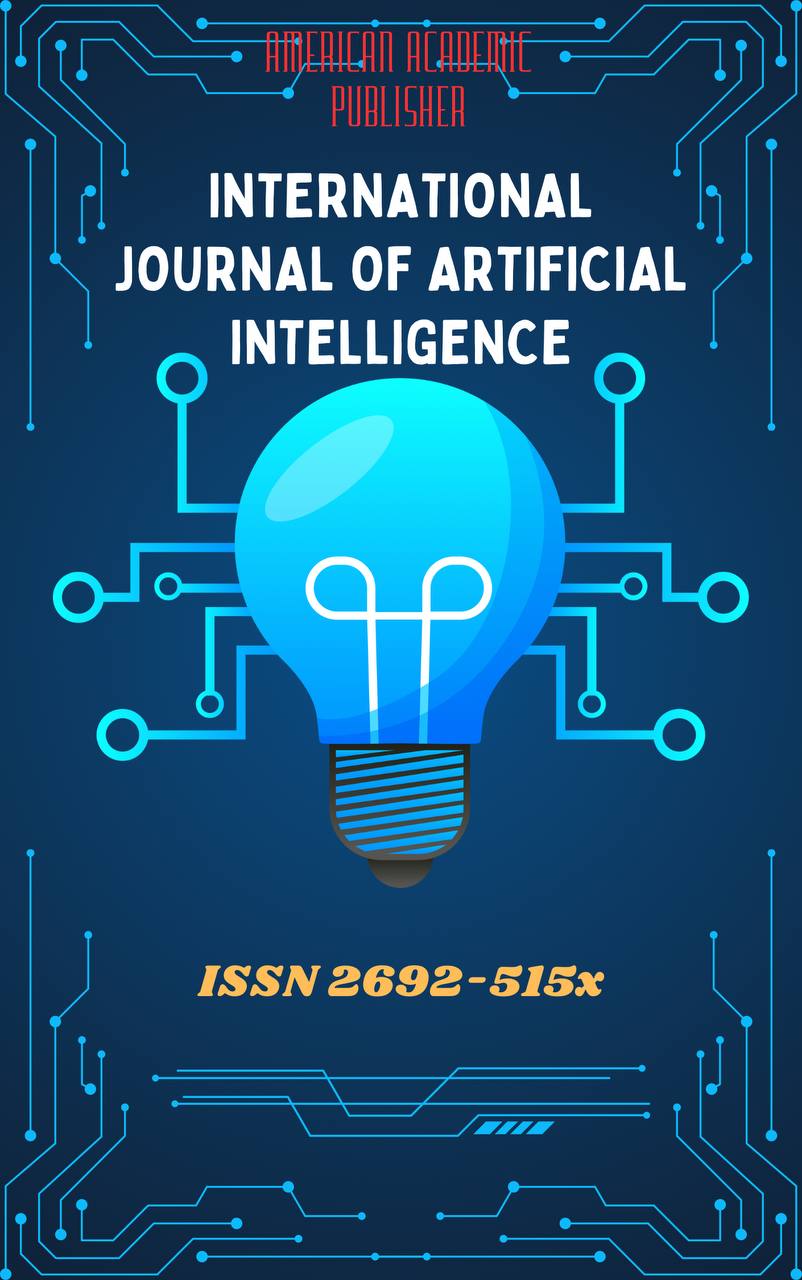 Articles
| Open Access |
Articles
| Open Access | DERIVATIONAL FEATURES OF TWO-COMPONENT (WORD) SENTENCES IN ENGLISH AND UZBEK LANGUAGES
Tursunova Munisa Ravshan kizi , Samarkand State Institute of Foreign Languages a second-year master's studentAbstract
This article examines the derivational features of two-component sentences in English and Uzbek, focusing on the processes by which subject–predicate structures are formed and transformed in each language. Drawing on corpus data and comparative-structural analysis, the study highlights fundamental typological differences: English, as an analytical language, derives such sentences through auxiliaries, fixed word order, and syntactic transformations, while Uzbek, as an agglutinative language, relies on affixation, case marking, and flexible syntactic arrangements. The analysis also explores elliptical and nominal patterns, demonstrating how each language encodes predication through its own grammatical resources. Despite these differences, both languages reveal a universal tendency to establish predication as the minimal communicative unit. The findings contribute to the theoretical study of comparative syntax and have practical implications for translation studies, bilingual education, and intercultural communication.
Keywords
derivation, two-component sentence, English, Uzbek, predication, comparative syntax, morphology, word order, functional analysis, communication
References
Abduazizov, A. (2007). Fundamentals of Comparative Linguistics. Tashkent: O‘qituvati.
Chomsky, N. (1965). Aspects of the Theory of Syntax. Cambridge, MA: MIT Press.
Crystal, D. (2010). The Cambridge Encyclopedia of Language (3rd ed.). Cambridge: Cambridge University Press.
G‘ulomov, H. (1980). Issues of Uzbek language syntax. Tashkent: Science.
Jespersen, O. (1924). The Philosophy of Grammar. London: Allen & Unwin.
Karimov, M. (2010). Current Uzbek language syntax. Tashkent: University.
Nurmonov, A. (1999). Uzbek language syntax and pragmatics. Tashkent: National University of Uzbekistan.
Quirk, R., Greenbaum, S., Leech, G., & Svartvik, J. (1985). A Comprehensive Grammar of the English Language. London: Longman.
Rasulov, R. (1979). Grammatical construction of the Uzbek language. Tashkent: Oqittu.
Tursunov, A. (2018). Current issues of Uzbek language syntax. Tashkent: Fan.
Article Statistics
Downloads
Copyright License

This work is licensed under a Creative Commons Attribution 4.0 International License.
